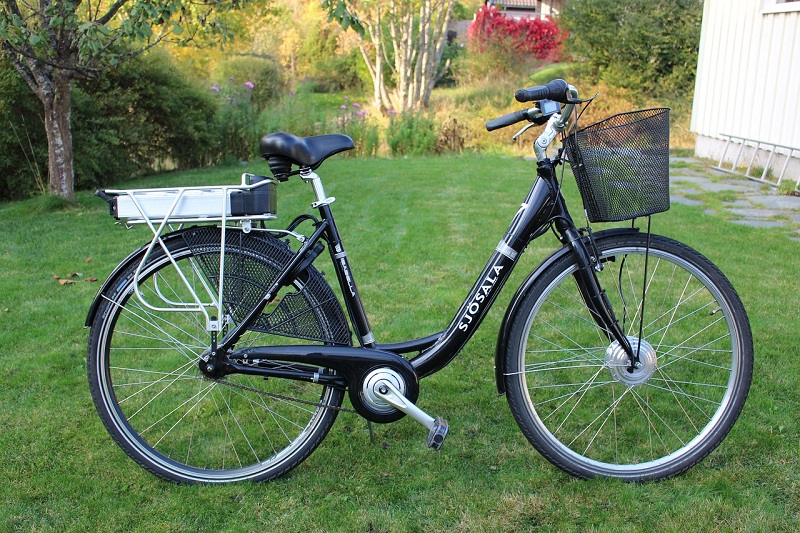As we navigate our way through the bustling streets and verdant greenways of the 21st century, it becomes imperative to acknowledge the environmental implications of our choices. Amidst the striking rise in global temperature and the urgent call for sustainable undertakings, it’s critical to ask – what is the environmental impact of our conventional commute methods? Can modern advancements, such as electric bikes (e-bikes), offer more sustainable alternatives? This blog will delve into the world of e-bikes, exploring their ecological footprint and understanding their role in the future of urban mobility.
E-bikes have swiftly gained momentum in recent years, their popularity growing hand-in-hand with an increasingly conscious and eco-aware population. Yet, many questions hover around these electrified two-wheelers. How do they actually fare on the environmental scale? Are they truly the green machines they are touted to be? With thorough research, insightful analysis, and engaging visual content, we aim to take our readers on a comprehensive ride through the landscape of e-bikes and their impact on our environment.
In this quest, we’ll tackle various integral aspects pertaining to e-bikes and their environmental relevance; why they are gathering attention, what makes them potent tools for change, and when can we expect profound impacts in our urban spaces. With sections such as ‘The Green Gear: Why E-Bikes?’, ‘E-Bikes vs. Traditional Modes of Transport’, ‘In The Times of Climate Crisis: Pros and Cons of E-Bikes’, and more, we aim to facilitate an unbiased and in-depth deciphering of this eco-conscious commuting trend.
The Green Gear: Why E-bikes?
E-bikes are fast emerging as an efficient and green alternative to traditional vehicles. Their power-assisted pedalling feature offers significant advantages over regular bikes, car travel, and public transportation. Infused with impressive technology, they promise reduced greenhouse gas emissions, efficient energy use and sound health benefits. But what stands as the propelling force behind e-bikes gaining such importance – the shifting environmental consciousness or advancing technology? Or is it a blend?
E-Bikes vs. Traditional Modes of Transport
A comparative analysis between e-bikes and traditional modes of transport is essential to unearth the eco-credentials of these electric beauties. From emission profiles and energy efficiency to user behaviour and societal benefits – there are several factors to consider. Just how green are these e-bikes when positioned against a regular bike, car, or the bus?
Electricity Source: A Gray Area?
As we evaluate e-bikes, it’s essential to address the environmental impact of electricity production. After all, e-bikes are entirely reliant on it for their functionality. But does the process of generating electricity eclipse the eco-friendly aspect of e-bikes?
In The Times of Climate Crisis: Pros and Cons of E-Bikes
Shortlisting the pros and cons of e-bikes will offer a balanced view of their environmental impact. Knowing both sides of the coin can empower potential e-bike users in making informed decisions – for their commute and the planet.
The Future of E-Bikes: Green Promise or Mere Hype?
Viewing electric bike from a future perspective, we delve into their potential roles in shaping sustainable urban mobility. Can e-bikes redefine the dynamics of urban transport or are these just passing trends? A crucial overview is due.
Conclusion
The exploration of the environmental impact of e-bikes provokes profound reflection on the choices we make and the influence we have on our planet. It’s not just about a shift in our commute habits but also an awakening to a more sustainable lifestyle. E-bikes, despite certain challenges, hold an undeniable potential in mitigating climate changes and ushering an era of cleaner, greener, and healthier cities. As urban dwellers, it’s our responsibility to understand, evaluate, and adopt these alternatives while making commuters aware of their far-reaching impacts. At the end of the day, it’s not just about going from point A to B, but how we get there that will shape our world.


